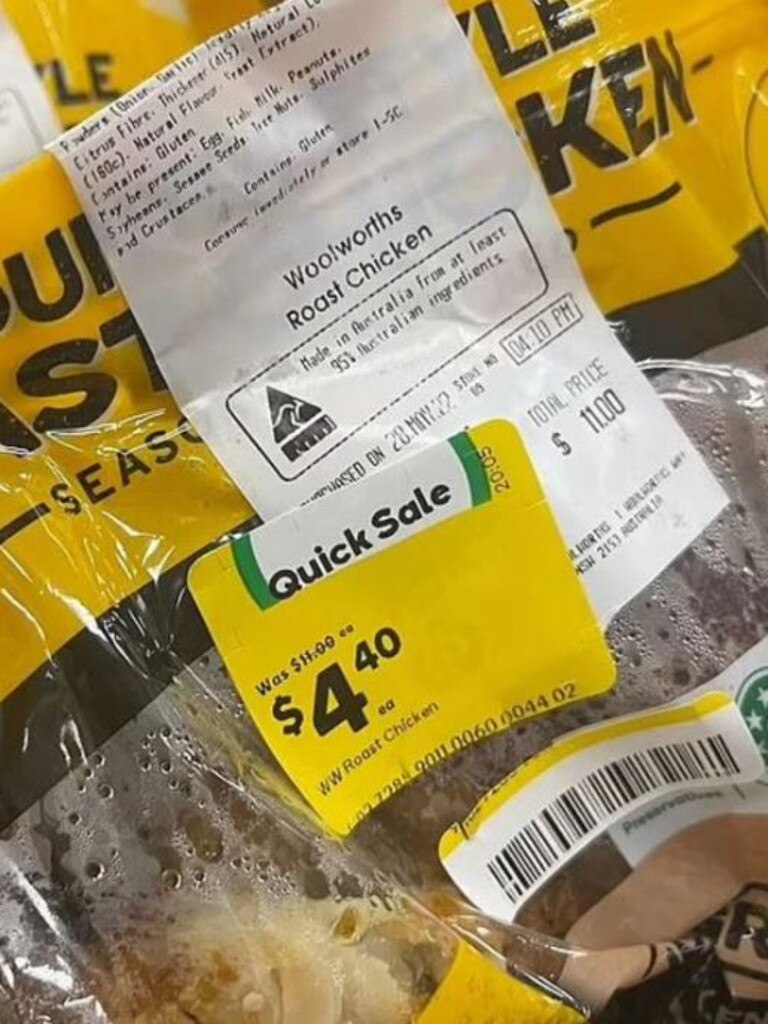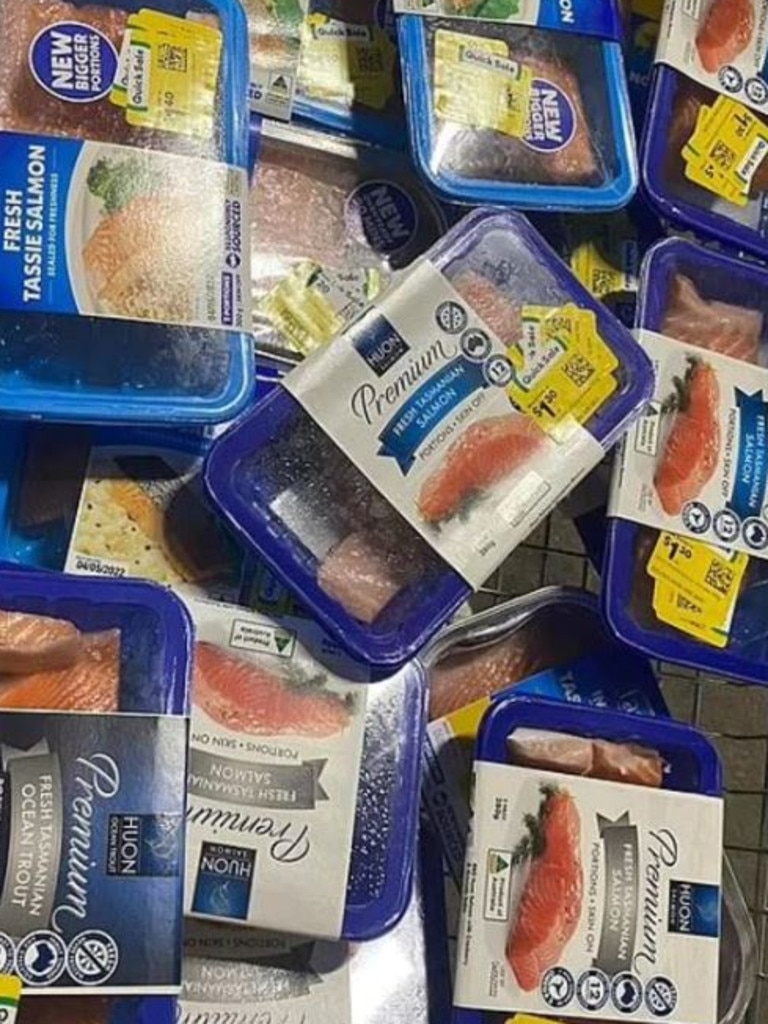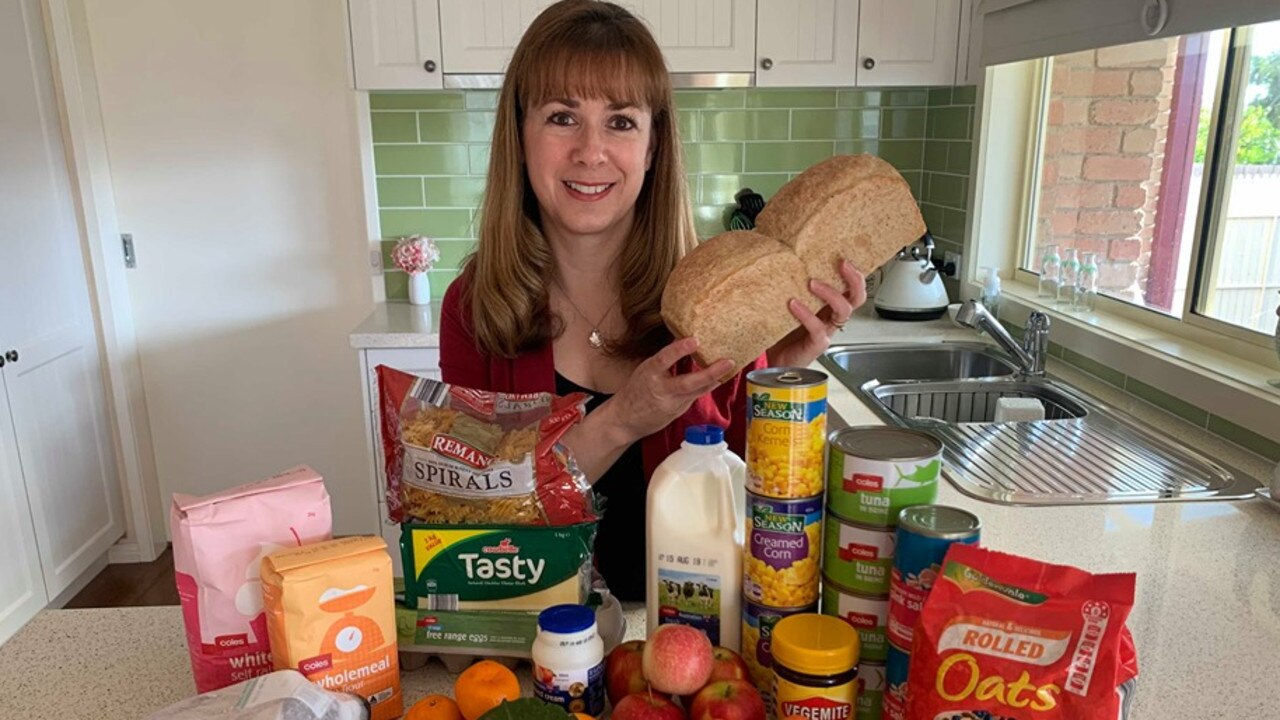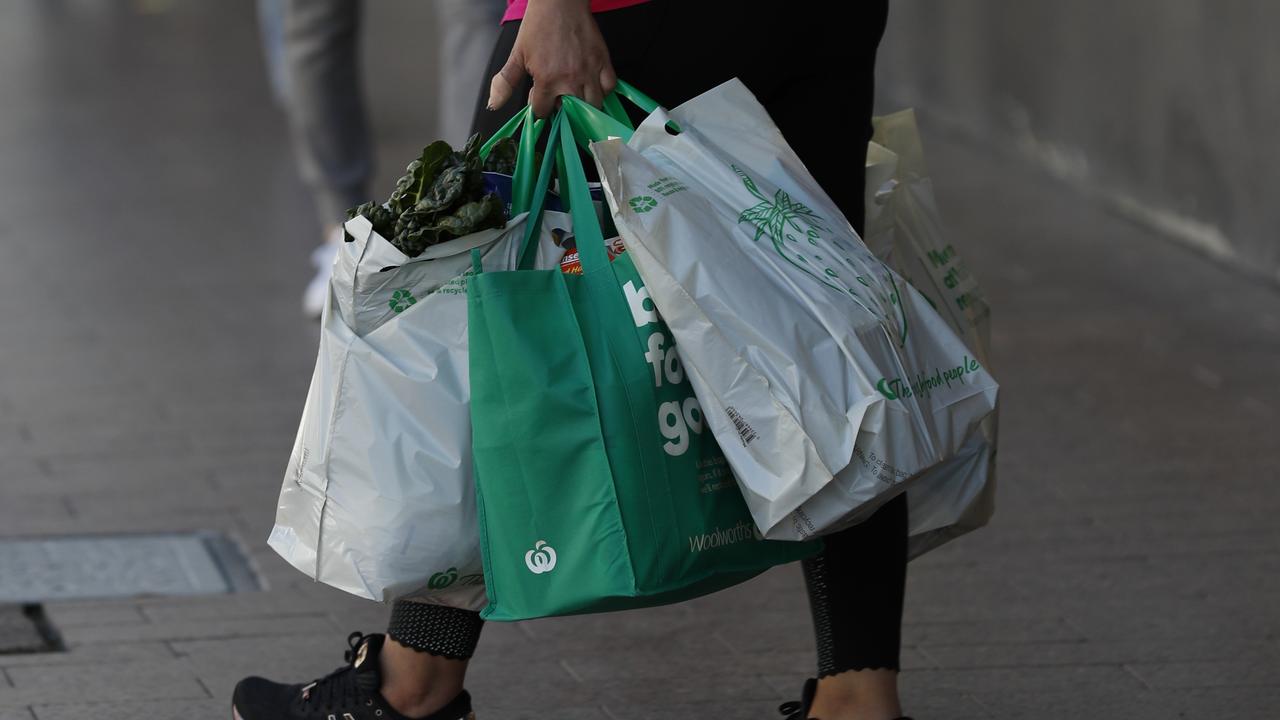Why it’s not ‘selfish’ to bulk-buy marked-down groceries
Shoppers who bulk-buy cheap goods to keep their grocery bill low have been labelled “greedy” – but there’s one thing critics are ignoring.
Much has been made on social media in recent weeks of shoppers who – in a bid to keep their grocery bill low amid the rising cost of living – have taken to bulk-buying marked-down goods.
They’ve been accused of “hogging” the discounted items; called out for their supposedly “rude”, “greedy” and “selfish” behaviour in Facebook groups that, ironically, are created for the self-confessed “Markdown Addicts” of Australia.
“Yes good price, but wouldn’t it be nice to leave some for someone else?” one user wrote in response to a Woolworths shopper who nabbed “every single packet” of discounted fish at her local store.
“Couldn’t agree more. Greed seems to take over,” said another.
“Putting a few packets back could have fed another family for the night but no one thinks of others these days.”
But, speaking to news.com.au, Wendy Gower, who runs My Abundant Life – a blog and accompanying Facebook page where she shares budget-friendly recipes, and thrifty-living, craft and cleaning tips – said: “Shoppers should not be criticised for making the most of a good deal.”
“They are wise for looking after their family and budget,” the mum-of-two said.
Want a streaming service dedicated to news? Flash lets you stream 25+ news channels in 1 place. New to Flash? Try 1 month free. Offer ends 31 October, 2022 >


While some Aussies are only seriously looking at how they can save money on their groceries for the first time now – thanks to ongoing inflation pressures, and the soaring cost of basic goods and amenities like petrol and fresh produce – Ms Gower has “always been a budget shopper, due to many years of living well below what the government calls a low income”.
“Due to us living on a budget, we were able to pay off our mortgage and a new car in five years,” she said.
“We keep our grocery bill low by keeping a healthy stockpile, cooking all meals from scratch, baking biscuits, muffins, cakes and other treats, baking our own bread, growing some fruit and vegetables in our backyard, eating seasonally, buying ingredients, buying generic brands and looking for meat markdowns. Our meals are tasty, simple and filling.”
Ms Gower, who started her blog in July 2014, also said that “meat is not the main feature” of her family’s meals – instead “we fill our plates with veggies”.
“I often bulk-cook and all leftovers are frozen for future meals,” she said.

As many of us learnt over the last two years with the pandemic, she said: “Keeping a well-stocked pantry and bulk-buying is a great way to make sure you have enough food on hand for any sort of emergency – like a job loss or illness.
“Bulk-buying of basic ingredients keeps my grocery budget low because I’m not paying for every price increase,” Ms Gower said.
“For example – if I bought 12 tins of tomatoes at 60 cents each, and the price keeps going up, then I’m using the tomatoes at the cheaper price for many months.”
Convenient as it can be though, she warned that shoppers should exercise “some caution”.
“No matter how cheap or good the items looks, if it’s not something you usually use or if the family doesn’t like it, then it’s a waste of money,” Ms Gower said.
“You really need to know your prices. Just because it’s on sale or in a larger box/tin, it might not be the cheapest price.
“Be wise with how big your bulk purchase is. It needs to be consumed within a reasonable time frame or it could be wasted.”

Asked what else households can do if they’re feeling the squeeze, Ms Gower said in her own household, they try “to offset the rising cost of living by being mindful of what we buy and use”.
“Household purchases are planned and saved for. Lists are written for grocery shopping. Food is not wasted,” she said.
“We use the two-light rule in our home. I make my own cleaning supplies. We enjoy our home instead of looking for expensive entertainment. Gifts are bought all year round when on sale.”






